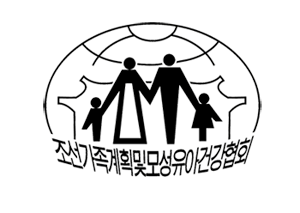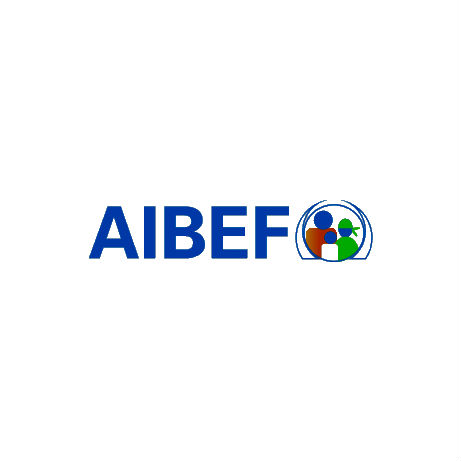

| 31 March 2016
Korean Family Planning & Maternal Child Health Association of DPRK
The Democratic People’s Republic of Korea (DPRK): Family Health Association of Korea (FHAK) formerly Korean Family Planning & Maternal and Child Health Association (KFP&MCHA) was established in 1990. Family Health Association of Korea is actively supported by the government to diversify family planning services and to improve their quality. One of the major challenges is geographic inequality. 80% of the country’s land mass is mountainous, with mining constituting a major industry. Large numbers of people live in this area, working in coal and mineral mines and forest stations. Fertility rates are much higher than in large urban areas, the contraceptive prevalence rate is much lower, and the number of trained family planning advisers is limited. FHAK has targeted these people with reproductive healthcare and information, education and communication (IEC) programmes. Contraceptive prevalence has increased, and the method mix has shifted significantly from IUD to pills, condoms and sterilization. In 2010, FHAKdelivered 538,000 condoms and 138,000 sexual and reproductive health services through 17 service points, including 9 permanent clinics and 8 mobile facilities. The Democratic People’s Republic of Korea (DPRK): Family Health Association of Korea (FHAK) is actively supported by the government to diversify family planning services and to improve their quality. One of the major challenges is geographic inequality. 80% of the country’s land mass is mountainous, with mining constituting a major industry. Large numbers of people live in this area, working in coal and mineral mines and forest stations. Fertility rates are much higher than in large urban areas, the contraceptive prevalence rate is much lower, and the number of trained family planning advisers is limited. FHAK has targeted these people with reproductive healthcare and information, education and communication (IEC) programmes. Contraceptive prevalence has increased, and the method mix has shifted significantly from IUD to pills, condoms and sterilization. In 2010, FHAK delivered 538,000 condoms and 138,000 sexual and reproductive health services through 17 service points, including 9 permanent clinics and 8 mobile facilities.

| 31 March 2016
Association Ivoirienne pour le Bien-Etre Familial
The population of the Ivory Coast suffers from a litany of sexual and reproductive health (SRH) problems common to many countries on the continent: frighteningly high rates of maternal death, early pregnancies, child mortality and HIV prevalence, coupled with very low rates of contraceptive use. Additionally, instances of female genital mutilation (FGM) are frequent and the SRH and psychological repercussions that the practice presents are severe. The Association Ivoirienne pour le Bien-Etre Familial (AIBEF) was founded in 1979. It works closely with the National Population Bureau in the planning and implementation of the National Population Policy and the National Youth Policy. The government and legislators have called on the organization for advice and counsel because it is the one of the most experienced organizations in the field and has unparalleled expertise drawn from ground level experience. To complement and expand its scope, AIBEF partners with a number of non-governmental organizations (NGOs) including the Futures Group, Pathfinder International, the Population Council, John Hopkins University, John Snow International, Columbia University and Family Health International. Major donors include the European Union, IPPF’s Japan Trust Fund, The Global Fund Against TB and Malaria, Alliance International and the World Bank. Additionally, it partners with Collectif des ONG de Lutte contre le Sida en Côte d’Ivoire and RIOF – national networks whose primary objective is to increase SRH capacity. Contacts Facebook: https://www.facebook.com/AIBEF-1478416299110640/







